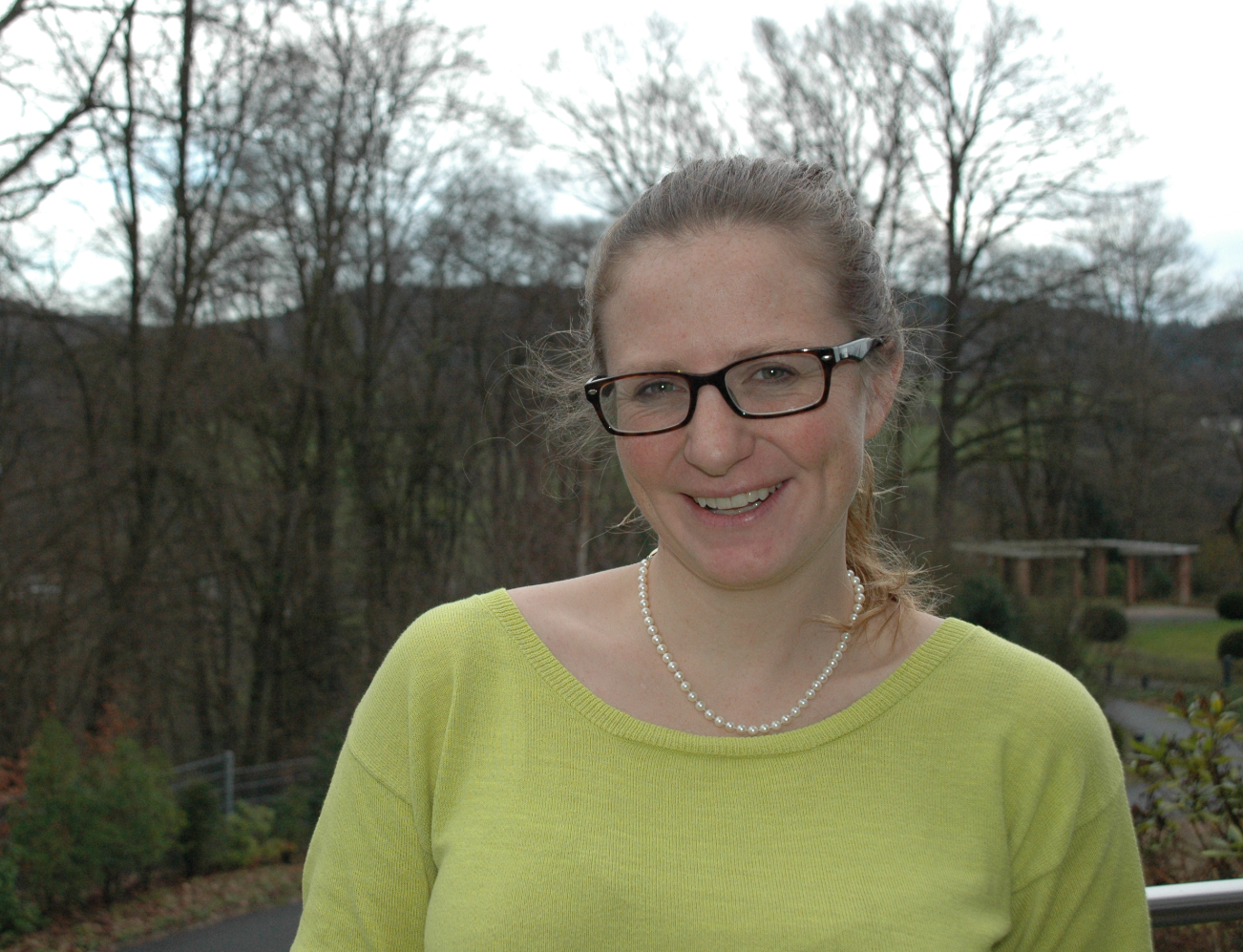New Branches at the Tree of Life

Biologist Emily Jane McTavish (University of Kansas) does evolutionary research using DNA sequence data and computational tools. She is visiting the Heidelberg Institute for Theoretical Studies (HITS) on a fellowship by the Alexander von Humboldt Foundation.
In December 2014, Dr. Emily Jane McTavish from the University of Kansas joined the Heidelberg Institute for Theoretical Studies (HITS). She will work with the Scientific Computing Group (SCO, leader: Alexandros Stamatakis) for nine months. Her stay is funded by a Humboldt Research Fellowship for Postdoctoral Researchers. This program allows postdoctoral researchers to carry out long-term research in Germany. Applicants choose their own topic of research and their academic host.
The New York-born scientist is interested in phylogenetics, genomics, and programming. At the moment, she is working on software that can be used to extract evolutionary relationships from large data sets and to analyze this data. With the advent of new technologies, genomic DNA sequence data is being generated very rapidly – but researchers also require new tools to analyze all of this data. They need special computational methods to handle the amounts of information. “The Stamatakis lab, who I am here working with, have developed some of the best tools available for phylogenetic analysis and I’m excited to learn from them,” says 31-year-old Emily Jane McTavish. “Alexis Stamatakis and the SCO group have a lot of expertise in rapid analyses of very large data sets. By working with them I can improve my computational skills and apply the tools they have developed to my own research.”
Before coming to Heidelberg, the daughter of two Canadians spent one year as a postdoc at the University of Kansas. She is also part of the Open Tree of Life Project which aims to build a comprehensive tree of all 1.8 million named species. An extraordinary feature of this tree is that it will be constantly updated and revised as new phylogenetic data comes in. To ensure the long-term future of the project, being able to rapidly update data is indispensable – this is another reason why her stay at HITS will be highly beneficial for Emily Jane McTavish. She does not only want to deepen her computational knowledge but also “learn new methods that will help me to find answers to the questions that I am particularly interested in: How does evolution happen? And what processes have led to the species diversity we see today?”
The research group Scientific Computing (SCO) at HITS develops computational methods and tools to create and analyze phylogenetic trees of all kinds. The scientists have designed new algorithms and software for the evolutionary tree of insects and birds. The findings of their studies were recently published in the academic journal “Science”.
Press Contact:
Dr. Peter Saueressig
Public Relations
Heidelberg Institute for Theoretical Studies (HITS)
Phone: +49-6221-533245
Peter.saueressig@h-its.org
Twitter: @HITStudies
About HITS
HITS, the Heidelberg Institute for Theoretical Studies, was established in 2010 by physicist and SAP co-founder Klaus Tschira (1940-2015) and the Klaus Tschira Foundation as a private, non-profit research institute. HITS conducts basic research in the natural, mathematical, and computer sciences. Major research directions include complex simulations across scales, making sense of data, and enabling science via computational research. Application areas range from molecular biology to astrophysics. An essential characteristic of the Institute is interdisciplinarity, implemented in numerous cross-group and cross-disciplinary projects. The base funding of HITS is provided by the Klaus Tschira Foundation.